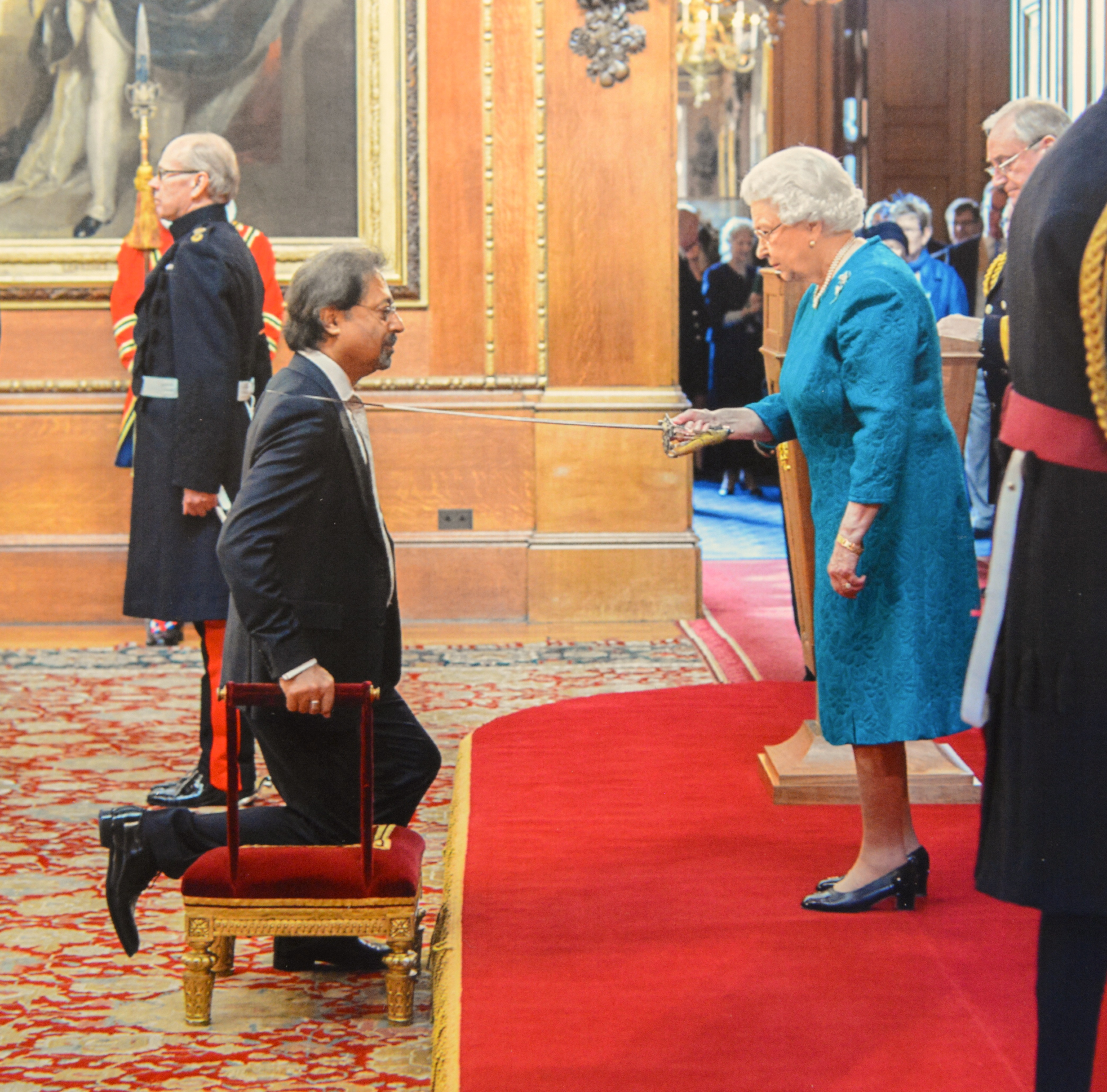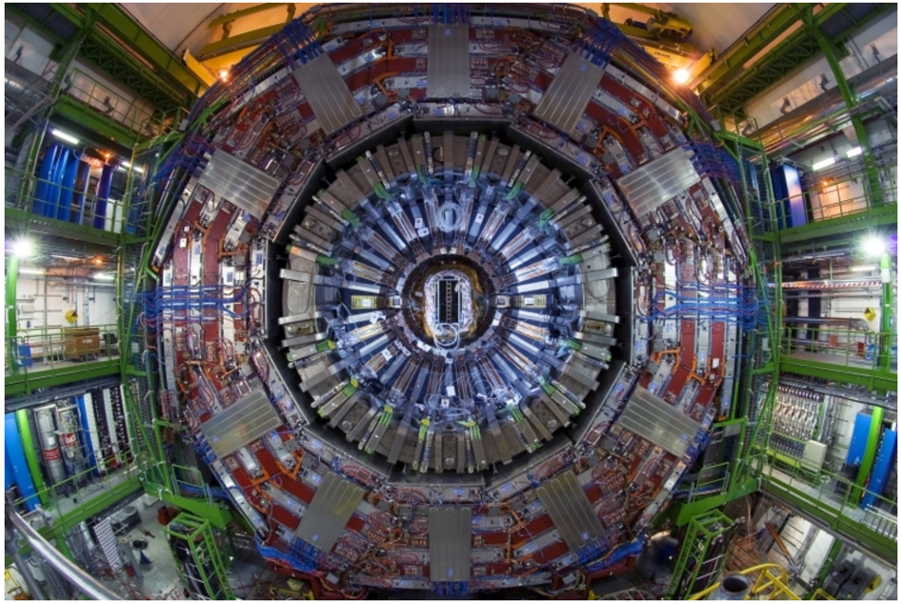
14 June 2014, London, UK
Tejinder (Jim) Virdee FRS, a professor of Physics at Imperial College, London, and one of the founding fathers and former spokesperson of CMS, has been honoured with a knighthood “for services to science”. This was announced on the Queen’s 2014 Birthday Honours list.
The long citation reads, “Professor Virdee is one of the UK’s most distinguished physicists and, as one of the creators of the Compact Muon Solenoid (CMS) Experiment, he has made outstanding contributions to science. The CMS experiment, at the Large Hadron Collider, CERN, Geneva, has delivered seminal results in particle physics, including, and along with the ATLAS experiment, the groundbreaking discovery of the Higgs Boson. Beyond his innovative work in particle physics, he is also a great campaigner for science, and promoter of science and education in Africa and India.”
“It was a complete surprise to me when I heard the news. To be frank it took a while for it to really sink in. I am humbled and delighted. Many thousands of brilliant scientists and engineers have worked on both experiments to make these results, and the Higgs discovery, possible,” Jim said. “In particular I have had the pleasure and the honour to work closely with the many colleagues who have created the technological wonder that is CMS.”
After the UA1 experiment in 1989, Jim began with a few colleagues to work on the design for a detector for the then-nascent concept of the Large Hadron Collider. He has since played a key role in all the subsequent phases of CMS: the conceptual design, construction, installation and commissioning, and physics analysis with the collected data. Working alongside Michel Della Negra as deputy spokesperson of the experiment from 1992 to 2006, and then as spokesperson for the three-year period of 2007-2009, he provided much guidance and leadership helping the collaboration arrive at today’s experiment and its successful physics exploitation of Run 1 of the LHC.
He continues to be actively involved in the experiment. Asked about the future, he noted “The discovery of a Higgs boson is only the end of one chapter in experimental particle physics,” adding, “We are about to open another, hopefully an even more exciting one. No doubt next year will once again be filled with suspense for CMS as we start again to search for new physics at the higher energies.” He is also looking to the longer-term future of CMS with the proposal for a high-granularity silicon-based endcap calorimeter.
Professor Tom Kibble FRS, also from Imperial College London, has been knighted as well. Professor Kibble is one of six distinguished researchers whose pioneering theoretical work in 1964 revealed the mechanism of spontaneous symmetry breaking with the prediction of the Higgs boson, most likely to be the one discovered by CMS and ATLAS in July 2012.
Our warmest congratulations to both.
- Log in to post comments

